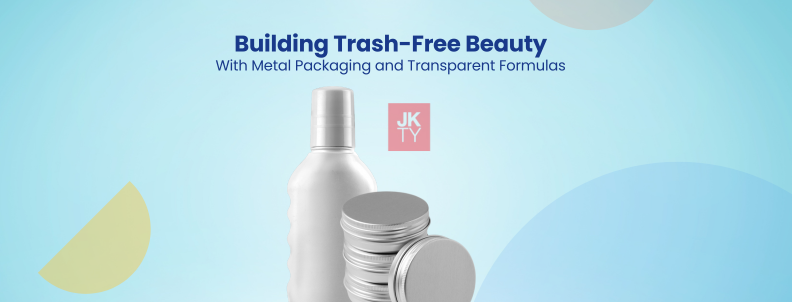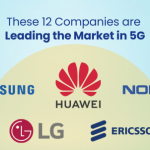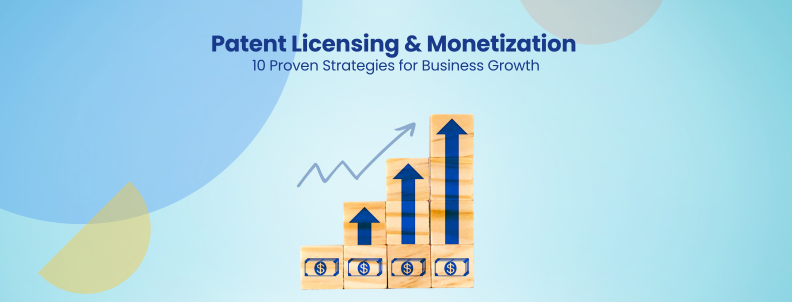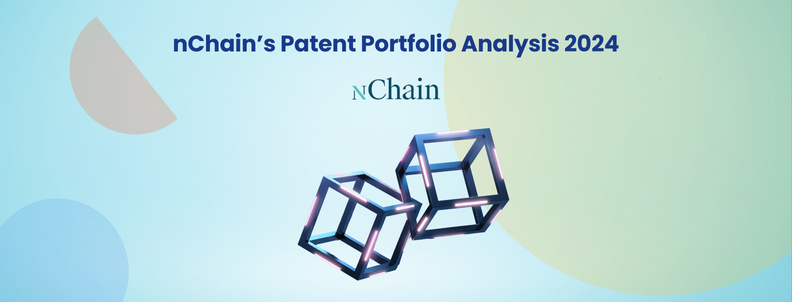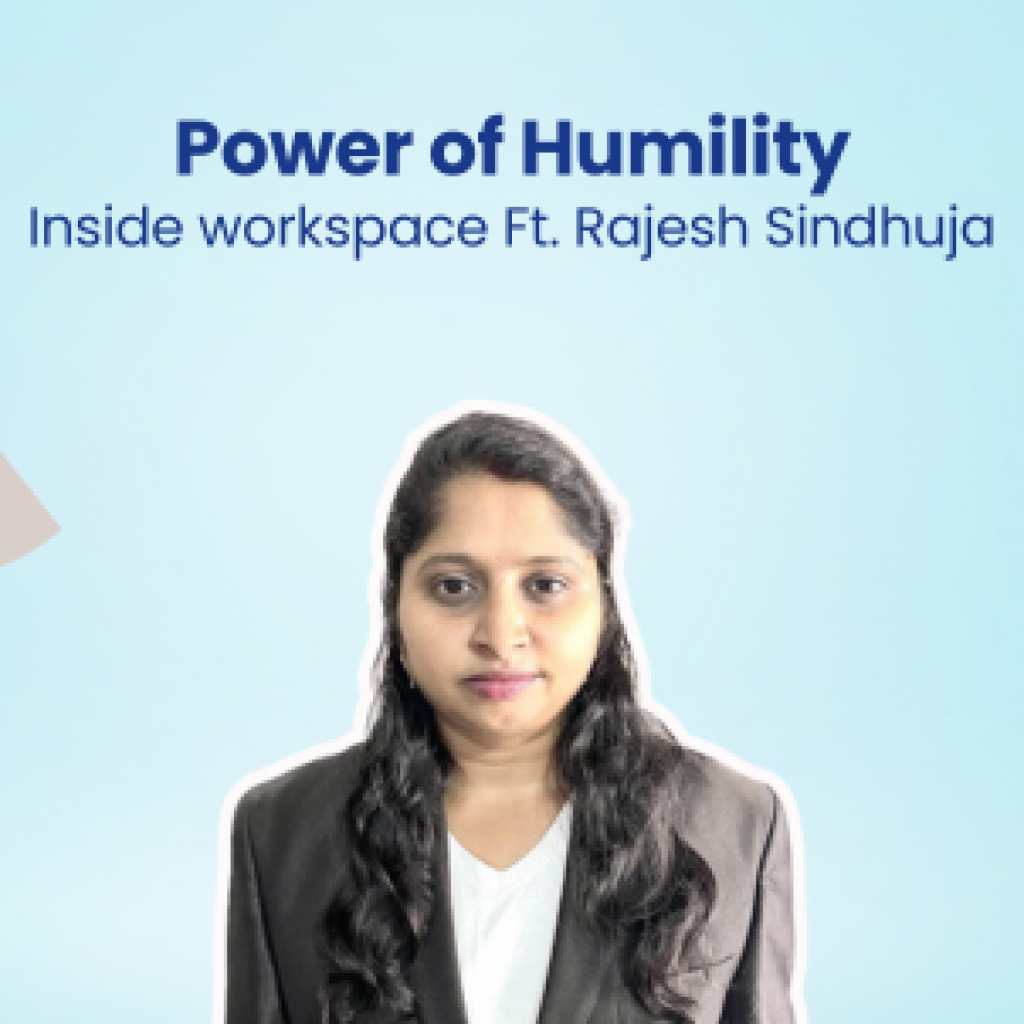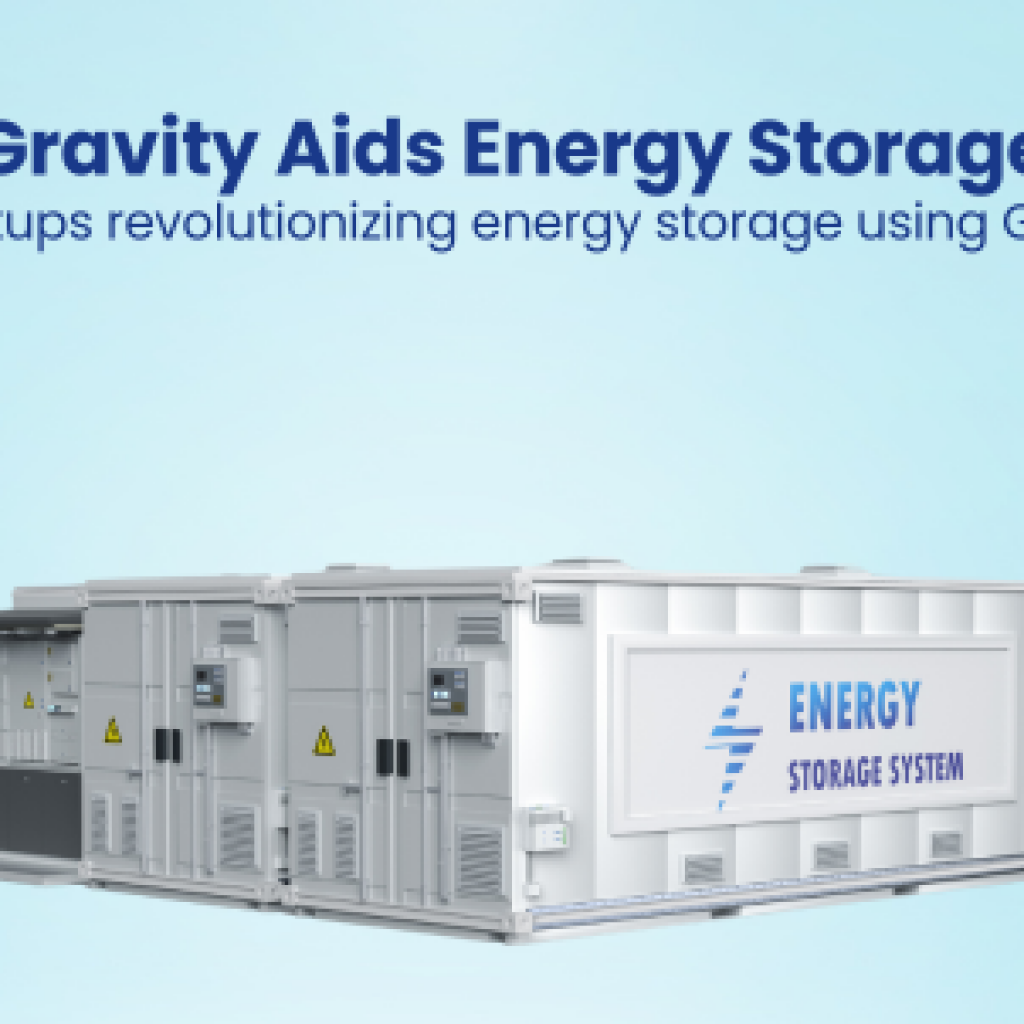The beauty industry produces over 120 billion units of packaging annually, with around 70% ending up in landfills, contributing to long-term environmental damage. This growing plastic waste problem drives consumer demand for sustainable alternatives. This has further increased regulatory pressure to curb plastic waste, particularly in regions like Europe. Companies that fail to adapt face financial and reputational risks.
The key challenge lies in developing eco-friendly packaging replicating all plastic packaging characteristics while meeting sustainability standards.
Startups like Junk Theory are addressing these issues with innovative approaches.
We spoke with Junk Theory’s co-founder to better understand their solution and its potential impact on the beauty industry.
This interview is part of GreyB’s Scouted series, where we bring you inside stories from some of the most exciting startups out there. We sit down with founders to uncover how their fresh ideas and solutions are set to shake up industries and solve real-world problems. If you’re curious to see what’s next in innovation, check out all our interviews here.
After using a product for just two months, there’s a 95% chance its packaging will sit on the planet for the next 500 years.
– Justin Wolff

Justin Wolff is an entrepreneur with a background in law and social impact. After starting his career as a project finance attorney in clean energy, he co-founded Yoobi, a brand that provided millions of free school supplies to needy children. Driven by a passion for sustainability and innovation, Justin’s work focuses on creating meaningful, positive change through responsible business practices.
Want to know how Cryosmetics is doing it? See for yourself.
Overview: Junk Theory’s Zero-Waste Metal Packaging and BPA-Free Barrier Technology
Junk Theory’s technology goes beyond standard sustainable packaging by focusing on fully recyclable metal containers designed specifically for long-term skincare compatibility. The packaging incorporates a unique, ultra-thin BPA-free liner that uses less than one gram of plastic, drastically reducing the environmental footprint compared to conventional packaging.
This innovative liner is specially engineered to ensure stability with water-based skincare products, addressing a key challenge in sustainable packaging. Junk Theory’s approach prioritizes both functionality and sustainability, offering a low-impact packaging solution while maintaining the performance of its eco-conscious formulas.
Short on time?
Here are key highlights from the discussion.
Highlights from the conversation
What challenges did you face, and what specific properties were you focused on when developing a stable packaging solution?
One of the key challenges we encountered was ensuring that the packaging could maintain the integrity of our water-based formulas without compromising sustainability. While highly recyclable, metal packaging requires a barrier to prevent interaction with the product, especially for skincare. To create a stable solution, we had to develop a BPA-free liner that uses a minimal amount of plastic, less than a gram. Balancing the need for compatibility with formulas while minimizing plastic use was a major focus. Additionally, we had to account for the carbon footprint of metal packaging, choosing recycled materials wherever possible to reduce environmental impact.
Why do you think larger companies with more resources haven’t made similar sustainability changes?
For larger companies, shifting toward sustainability, like metal packaging, involves a huge capital investment. These companies are like battleships – massive, and it’s hard for them to pivot quickly. If their current model is working, they have little incentive to make drastic changes. It’s often easier for them to acquire smaller, more innovative brands like ours instead of overhauling their existing processes.
What are your plans for scaling and expanding your brand’s presence?
Scaling has been challenging, especially with delays from COVID, but we’ve gained traction through the quality of our formulas and values, leading to industry recognition and strong repeat purchase rates. Moving forward, we’re focusing on performance marketing, refining our messaging, and targeting niche audiences like anti-plastic advocates. Education is also key to raising awareness about waste in the industry. In the long term, we plan to expand beyond DTC and explore partnerships with major beauty retailers while developing next-gen sustainable packaging.
Can you elaborate on the upcoming releases you mentioned that could transform the industry?
Sure. We’re working on some next-generation packaging that could be a game-changer in terms of sustainability in the beauty industry. We’ve been testing prototypes that push the boundaries of what’s currently out there. While I can’t go into too much detail yet, I believe this could be one of the biggest sustainability stories in the category. We’re also exploring partnerships with major beauty retailers like Sephora and Credo to help bring these innovations to a larger scale. It’s still early, but I think these developments could inspire a broader shift in how brands approach packaging.
Have you considered compostability as a future disruptor to your metal packaging?
We’ve looked into compostable materials, but the issue is the infrastructure isn’t there, especially in the U.S., where industrial composting is needed for most of those materials. If a truly home-compostable material that performs well in skincare packaging becomes available, I will switch in a second. We’re not tied to metal; we just want the most responsible material available. Right now, metal is the most effective solution for us, but we’re always open to better options in the future.
Meet our Interviewer – Vikas Jha, AVP, Solutions at GreyB

Vikas Jha is an experienced tech consultant focused on intellectual property consulting. With expertise in diverse domains like Telecom, Navigation, and Medical Devices, he helps clients navigate innovation challenges. His ability to bridge technology, innovation, and leadership makes him a valuable resource in the evolving tech landscape. Vikas has been featured on CNBC for his insights on next-gen technologies like space tech.
Want to be featured in Scouted by GreyB? Join a conversation with our experts and showcase your groundbreaking technology.
Book your slot today!
Authored By: Ridhima Mahajan, Marketing

